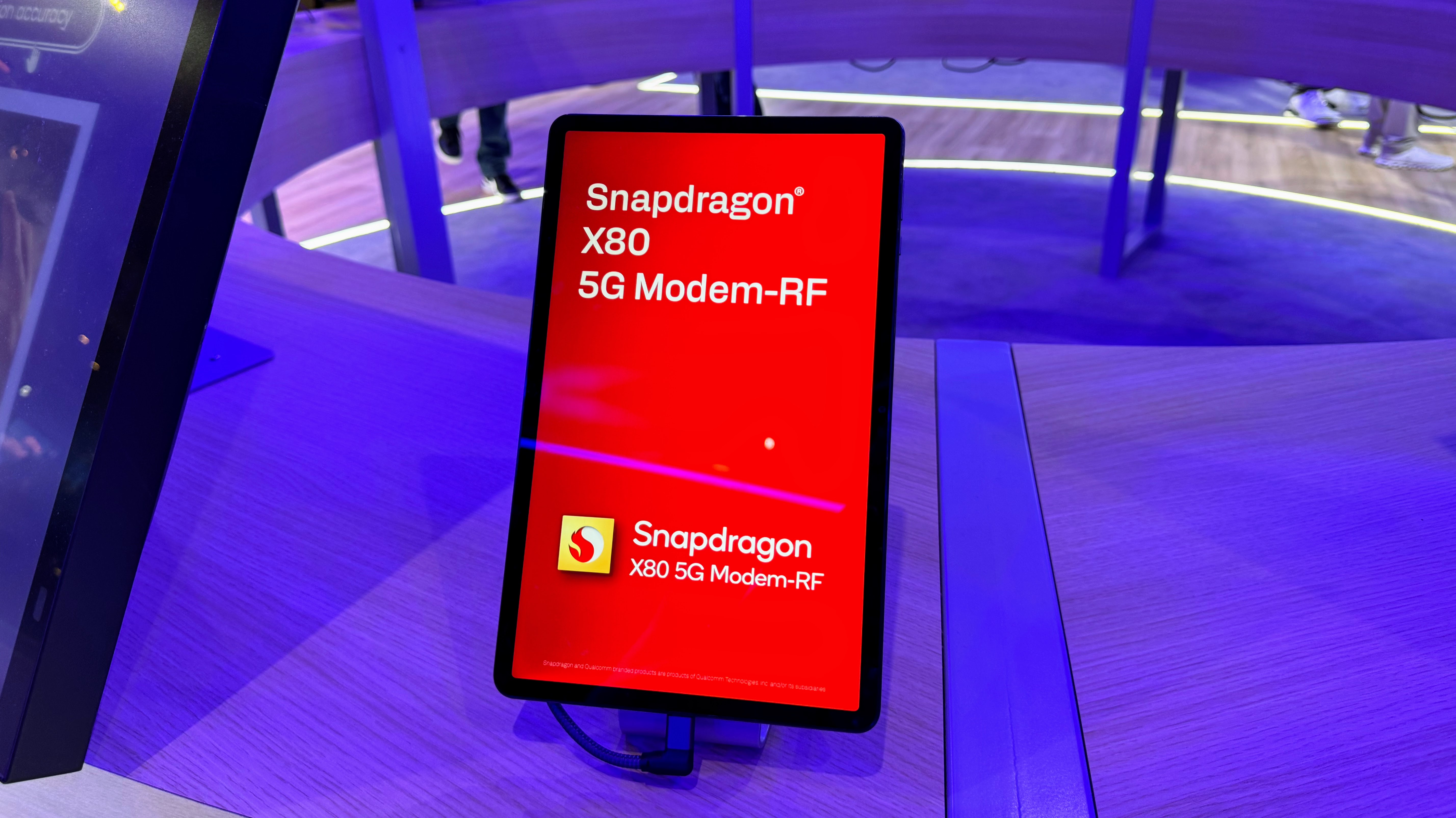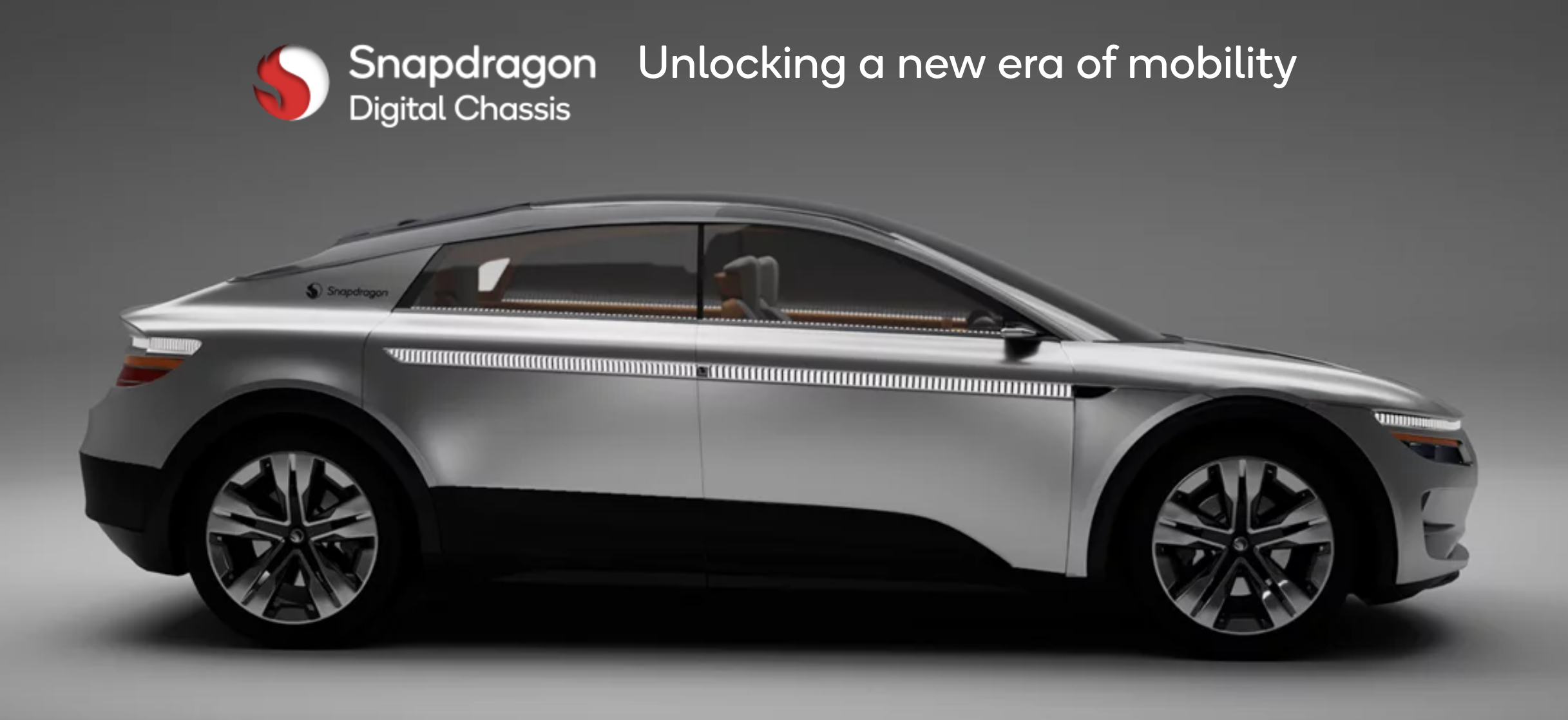You couldn’t swing a virtual cat without hitting an MWC 2024 exhibitor going on about generative AI; from Samsung and Google touting AI-powered photo editing and searching, to Qualcomm wanting to put AI in cars and Humane making AI wearable.
Sure, a lot of the tech on display was cool, but I don’t think the real game-changing potential of generative AI is in the obvious things. A skilled photographer and editor will almost certainly want to do their own edits – or simply nail a shot in the first place – rather than rely on AI manipulation. And writers like myself would rather tap out an article than try and make sense of something written by ChatGPT.
Instead, from the various talks and roundtables I participated in at MWC, I reckon AI will be at its most useful when it’s helping people with things they can’t easily do, learn or even find out about.
An easy example of this is how Qualcomm continues to push AI use in its modem chips, with the latest Snapdragon X80 leaning on a dedicated AI tensor accelerator to boost connectivity speeds, optimize power use, and generally improve latency and coverage. Hardly the sexiest of tech products, but in consumer terms, that means more effective Wi-Fi and mobile internet connectivity with reduced power consumption in smartphones and other 5G-enabled devices; given Qualcomm supplies modem chips for all the big phone brands, you can expect the Snapdragon X80 to pop up in future Galaxy S-series phones and the iPhone 16.

Equally, the Snapdragon X80 can be used in so-called Internet of Things (IoT) devices and applications, which could improve the performance of smart sensors and networks in smart cities. You may not see or notice this going on but it could mean things like smart traffic monitoring feeding back into apps like Google Maps. Or simply speedy and reliable mmWave 5G connectivity; basically things that all ease one’s daily life while functioning in the background.
Live translation, already a generative AI feature on the Google Pixel 8 series and Samsung Galaxy S24 family, is an obvious example of AI being used to help us deal with things we don’t know, though I’ve yet to try it out.
Then there’s the use of generative AI in cars, which is particularly interesting as it would allow people to talk to their cars. Qualcomm showed off its Snapdragon Digital Chassis platform where people can pose questions to a car-based Generative AI ranging from where to eat nearby to what a specific warning light on the dashboard means.

Getting recommendations is nothing special given Google Maps already does that and it’s built into Android Auto. But getting information on what might be wrong with your car without the driver needing to search a manual or go to a garage might just be a fantastic next step for car tech. Furthermore, generative AI could supercharge voice commands and make it a lot easier for drivers to activate various settings and options without taking their eyes off the road or hands off the wheel.
Generative AI in robots also caught my eye, with the almost-uncanny Ameca robot popping up at MWC to delight attendees who threw all manner of questions at the humanoid bot.
Here, AI isn't necessarily being used to help with one specific thing, but rather power a smart machine that could be useful with all manner of tasks. I could see Ameca being used to provide a 24-hour concierge service at hotels and airports – not to replace humans but to fill the gaps between shift changes and during quiet times.
Or perhaps a next-generation Ameca could be used as a companion for people who are in social care or need care but still want their independence. At a time when there’s a shortage of social care workers (in the UK at least), an AI-powered robot could at least aid with a shortfall of staff.
I have no doubt we’ll keep hearing about AI in consumer tech, and I’d bet a healthy sum that a next-generation iPhone will have some generative AI tools. But I’m keen to see how generative AI can quietly improve life with better efficiency of services, easier ways of surfacing difficult information, and helping people out, rather than simply whipping up photos of dogs on the moon or producing overly pristine images.
More from MWC 2024
from TechRadar - All the latest technology news https://ift.tt/f8Wsz1m
No comments:
Post a Comment